Assessment of neuroendocrine dysfunction following traumatic brain injury.
Por um escritor misterioso
Last updated 30 março 2025

A screening protocol adapted for selected patients at risk for endocrine problems is described, and physicians should be aware of the importance of neuroendocrine dysfunction following TBI. Posttraumatic neuroendocrine pathology may be a clinically significant complication following traumatic brain injury TBI. Metabolic abnormalities are described after TBI in two cases. A 21 year old male injured in a motor vehicle accident admitted in a minimally responsive condition presented with fluctuating high sodium levels, undetectable serum testosterone, and depressed cortisol and thyroid function. Imaging revealed near complete avulsion of the pituitary stalk leading to panhypopituitarism. A 38 year old male admitted for occipital skull fractures and brain contusions presented with hypona tremia and low serum testosterone. Both patients required hormonal replacement and correction of electrolyte abnormalities. A screening protocol adapted for selected patients at risk for endocrine problems is described. While neuroendocrine screening is not advocated in all TBI patients, physicians should be aware of the importance of neuroendocrine dysfunction following TBI.

Brain Injury Medicine, Third Edition
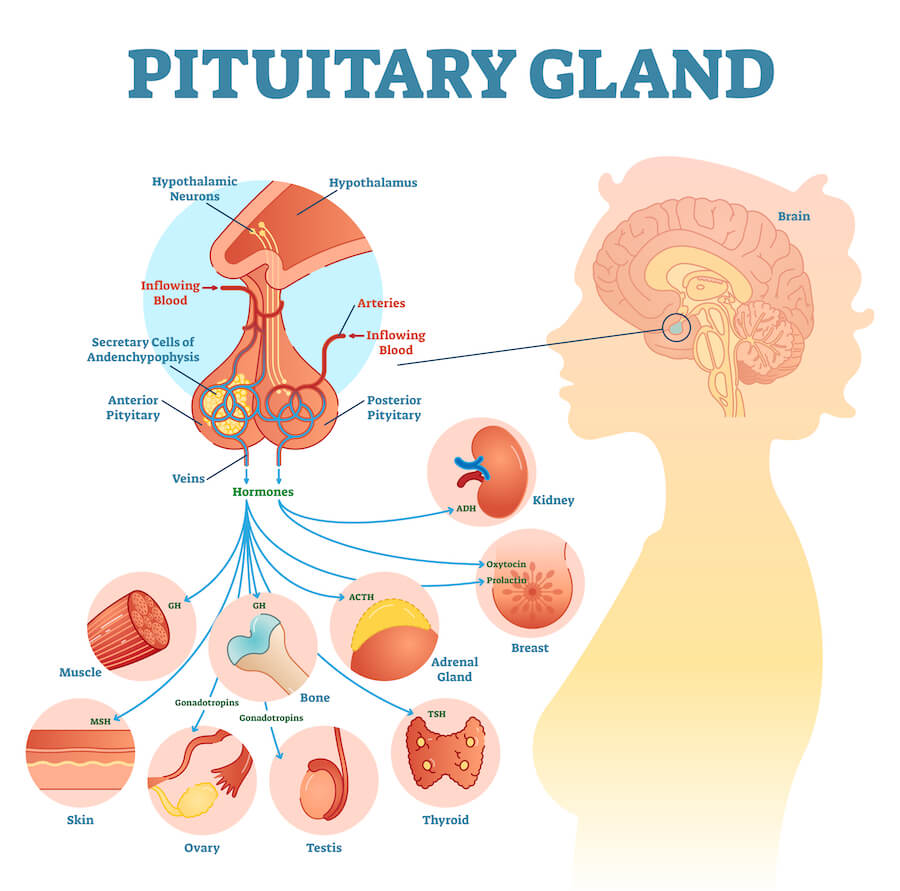
How a Brain Injury Can Cause Hormone Dysregulation
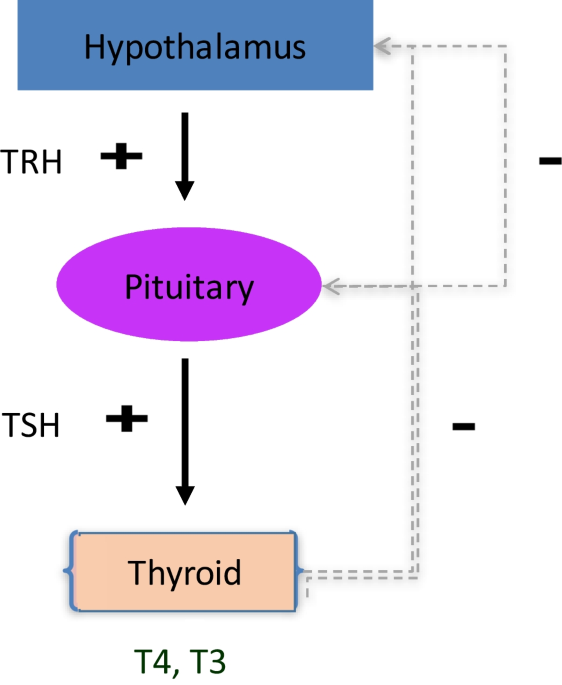
Neuroendocrine Disruptions Following Head Injury
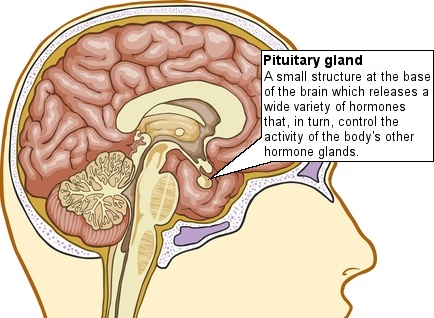
Hormonal imbalances

Traumatic brain injury as a chronic disease: insights from the United States Traumatic Brain Injury Model Systems Research Program - The Lancet Neurology
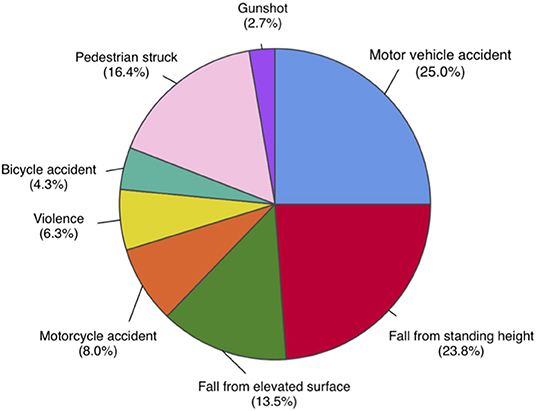
Frontiers Agitation Following Severe Traumatic Brain Injury Is a Clinical Sign of Recovery of Consciousness
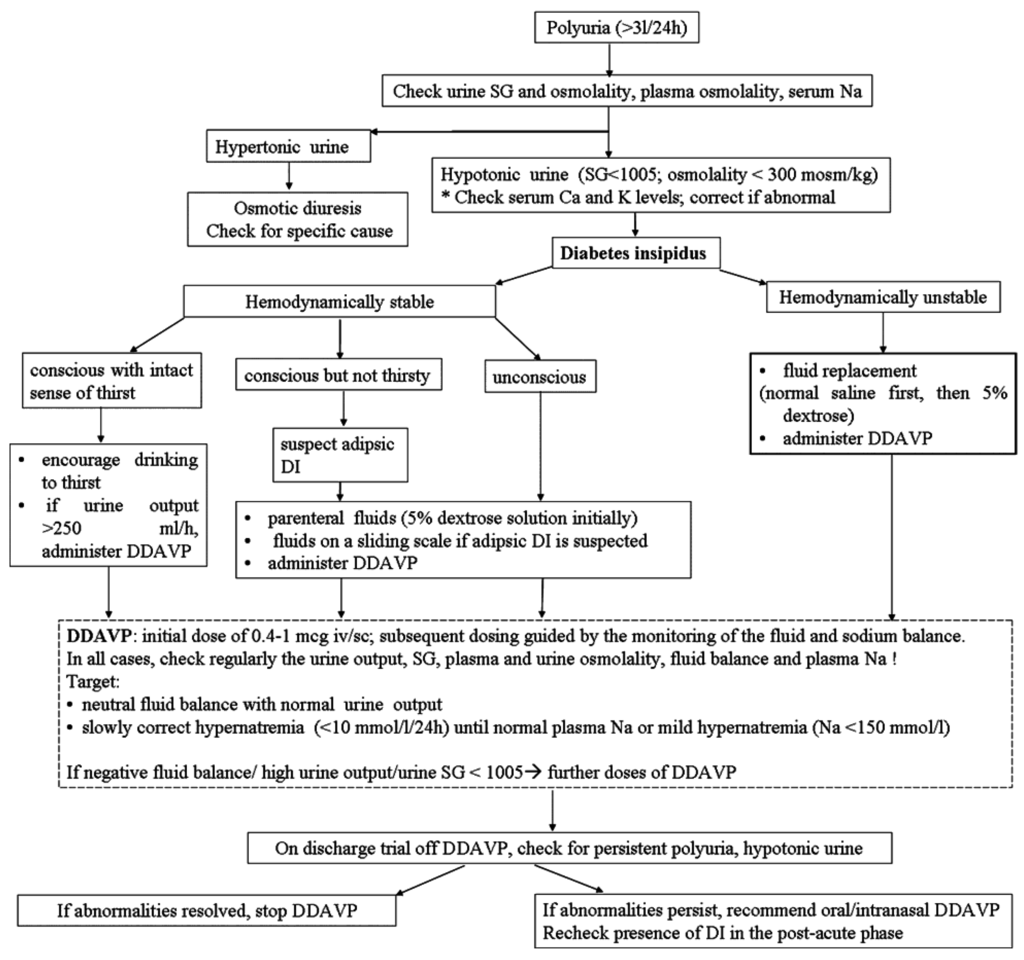
JCM, Free Full-Text
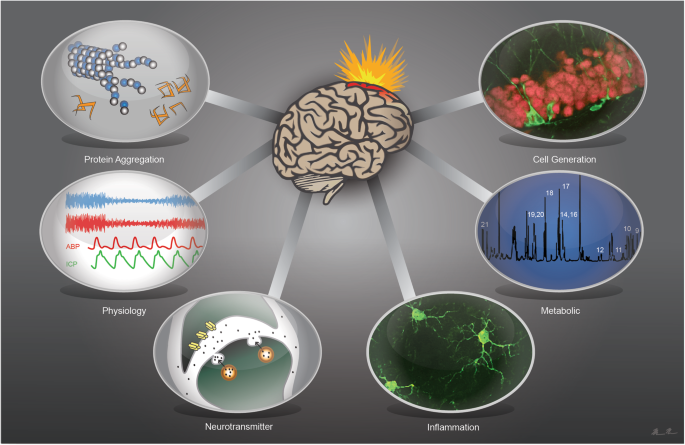
Neurotransmitter changes after traumatic brain injury: an update for new treatment strategies
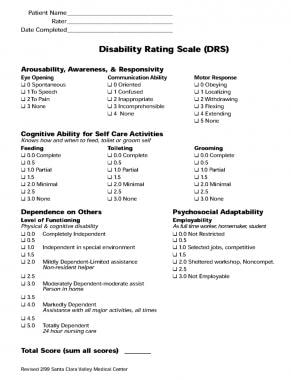
Classification and Complications of Traumatic Brain Injury: Practice Essentials, Epidemiology, Pathophysiology

Neuroendocrine disorders after traumatic brain injury
Recomendado para você
-
brain test nível 29530 março 2025
-
 Brain Test Level 295 Which way leads to the exit Solution30 março 2025
Brain Test Level 295 Which way leads to the exit Solution30 março 2025 -
 Мне бы чего-нибудь съесть. Уровень 295 - Brain Test30 março 2025
Мне бы чего-нибудь съесть. Уровень 295 - Brain Test30 março 2025 -
 Brain Test 4 Level 295 I want to catch a very big fish Answer30 março 2025
Brain Test 4 Level 295 I want to catch a very big fish Answer30 março 2025 -
Gussa hua Anthony! #ChorrpoliceReels #ChorrPolice #cartoons #kids30 março 2025
-
 Emoji DOP:Brain Matching Game for Android - Download30 março 2025
Emoji DOP:Brain Matching Game for Android - Download30 março 2025 -
 Bouncy Pop! Pop Em All on the App Store30 março 2025
Bouncy Pop! Pop Em All on the App Store30 março 2025 -
 Brain Test Level 295 Which way leads to the exit?30 março 2025
Brain Test Level 295 Which way leads to the exit?30 março 2025 -
 The isoquinoline PRL-295 increases the thermostability of Keap1 and disrupts its interaction with Nrf2 - ScienceDirect30 março 2025
The isoquinoline PRL-295 increases the thermostability of Keap1 and disrupts its interaction with Nrf2 - ScienceDirect30 março 2025 -
![🔥 Download Stick War: Hero Tower Defense 1.0.41 [Money mod] APK MOD. Casual strategy game with minimalist visuals](https://images0.androeed.ru/screenshotes_en/2023/01/22/stick-war-hero-tower-defense-money-mod-mimg-images_en-550-4.webp) 🔥 Download Stick War: Hero Tower Defense 1.0.41 [Money mod] APK MOD. Casual strategy game with minimalist visuals30 março 2025
🔥 Download Stick War: Hero Tower Defense 1.0.41 [Money mod] APK MOD. Casual strategy game with minimalist visuals30 março 2025
você pode gostar
-
 Don't Toy with Me, Miss Nagatoro 2nd Attack Episode 5 release date, time & where to watch30 março 2025
Don't Toy with Me, Miss Nagatoro 2nd Attack Episode 5 release date, time & where to watch30 março 2025 -
 The Smurfs Smurfing for Gold/Jokey's Joke Book (TV Episode 1987) - IMDb30 março 2025
The Smurfs Smurfing for Gold/Jokey's Joke Book (TV Episode 1987) - IMDb30 março 2025 -
 Stelf Controles - Controle Ps5 com Grip FIFA Stelf30 março 2025
Stelf Controles - Controle Ps5 com Grip FIFA Stelf30 março 2025 -
seek and figure doors|TikTok Search30 março 2025
-
 ✨NEW✨FRUIT BATTLEGROUNDS CODES - CODIGOS DE FRUIT BATTLEGROUNDS - FRUIT BATTLEGROUNDS30 março 2025
✨NEW✨FRUIT BATTLEGROUNDS CODES - CODIGOS DE FRUIT BATTLEGROUNDS - FRUIT BATTLEGROUNDS30 março 2025 -
![Como DESENHAR Olhos - Colorir - Mangá [ Tutorial ]](https://i.ytimg.com/vi/T-14u9xqPmQ/maxresdefault.jpg) Como DESENHAR Olhos - Colorir - Mangá [ Tutorial ]30 março 2025
Como DESENHAR Olhos - Colorir - Mangá [ Tutorial ]30 março 2025 -
 Boneco Ikki De Fênix Cavaleiros Do Zodíaco Saint Seiya Anime Heroes Bandai no Shoptime30 março 2025
Boneco Ikki De Fênix Cavaleiros Do Zodíaco Saint Seiya Anime Heroes Bandai no Shoptime30 março 2025 -
Demon Slayer Rengoku「The Box x Guitar」「AMV/EDIT」4K #animeedit30 março 2025
-
 Once bulldozed by stereotypes, crossplay is cosplay's gender revolution30 março 2025
Once bulldozed by stereotypes, crossplay is cosplay's gender revolution30 março 2025 -
 Danúbio e Leblon decidem o título de campeão do SFAC Série B 2023 - Várzea BH30 março 2025
Danúbio e Leblon decidem o título de campeão do SFAC Série B 2023 - Várzea BH30 março 2025



